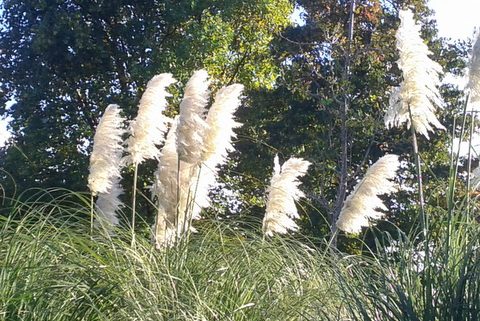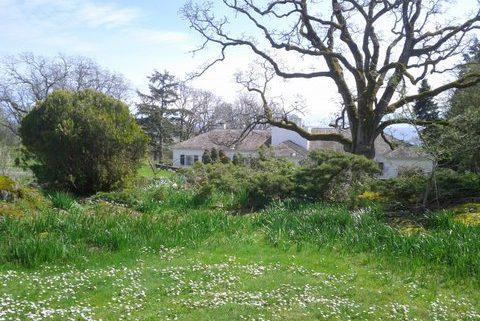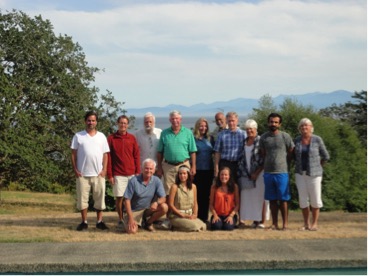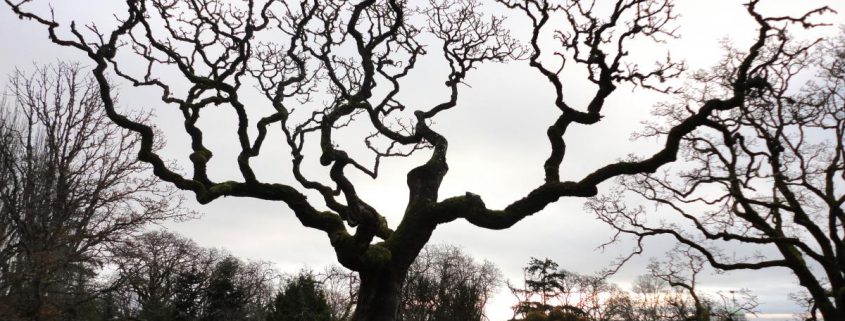Krishnamurti Study Group Saturday, September 3, 2016 This session we picked up half way through chapter 18 in The First and Last Freedom and almost made it to the end. The subject was “Self-Deception” and the focus was on looking at how we deceive ourselves as soon as we want to be someone or achieve something psychologically. The six participants read from the text and discussed the challenge of “being nothing” that Krishnamurti raises for our exploration. The group inquired into what it means to be nothing and what some of the impediments are to realizing the quietness and stillness that K is pointing towards. What drives us to seek psychological security and to invest in the attachments of thought which ultimately create suffering? Can the process be seen clearly without conclusions as to what the outcome will be? Some fresh insights arose for participants and there was some penetrating inquiry. Inquiry Sunday Sunday, September 4, 2016 On Sunday morning we showed a video entitled The Holographic Universe, an exploration of what quantum physics has to tell us about how we construct our reality. A number of scientists spoke on different aspects of the issue, pointing to the idea that how we see the world may be dependent on the fact that we are observing it. In other words, what we observe is changed by the very observation. In the discussion shared by six participants, the question arose as to whether we can ever know what is really “out there”. An interesting question that arose concerned how this principle applies to observing ourselves. The idea was presented in the film that the world as we know it may be a sophisticated hologram projected by consciousness which is only real to those inside the hologram. The concepts presented and discussed certainly stretched our minds and created a sense of openness and wondering. The afternoon session was attended by eight people. Participants chose questions of interest from a list compiled from question and answer sessions with Krishnamurti and watched his replies to those questions on video. We then engaged in group discussion and inquiry, exploring further the implications of what was said. The first question was on the topic of breaking habits. K pointed out that breaking any habit requires an attentive watching of the habit in action and the underlying motives driving it. The process is the same for all habits. Can one be totally attentive to the habit without any effort or struggle to overcome it? That attention has its own action not dependent on effort, suppression, or conflict. The second question chosen asked whether sitting quietly looking at one’s thoughts has any value. As he often does, K dismissed the value of mechanical practices like TM. Why is one engaging in such practices – what is the motivation? He did, however, say that a quiet mind is obviously essential for seeing the truth about one’s thoughts and motivations. The mind naturally becomes quiet when there is an intense interest in looking at oneself. Some examination of awareness and thought followed in the group discussion. It was a day of interesting inquiry.










